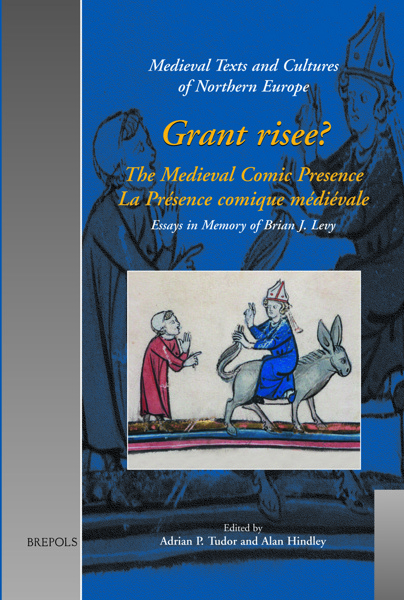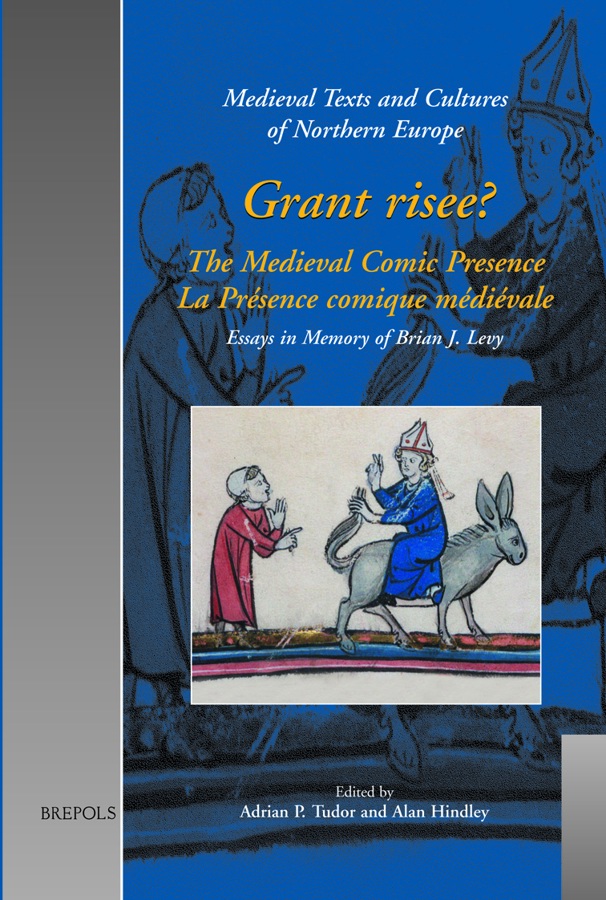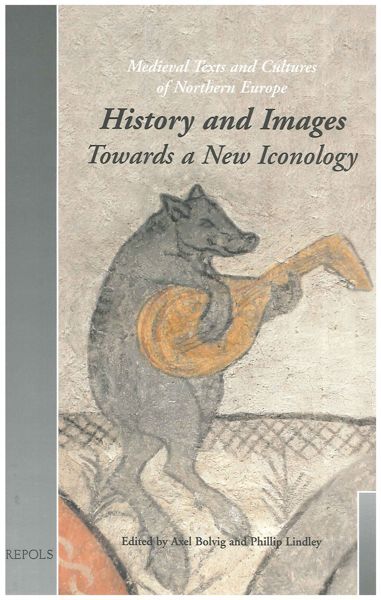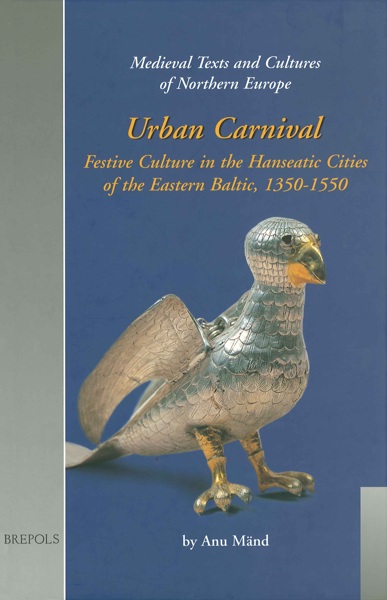
Grant risee?
The Medieval Comic Presence / La Présence comique médiévale: Essays in Memory of Brian J. Levy
Adrian P Tudor, Alan Hindley (eds)
- Pages: 360 p.
- Size:160 x 240 mm
- Illustrations:35 b/w, 10 col.
- Language(s):English, French
- Publication Year:2006
- € 55,00 EXCL. VAT RETAIL PRICE
- ISBN: 978-2-503-51698-1
- Hardback
- Available
- € 55,00 EXCL. VAT RETAIL PRICE
- ISBN: 978-2-503-53897-6
- E-book
- Available
Celebrating the work of Brian J. Levy in the realm of comedy and humour in the Middle Ages, this collection of twenty essays explores unusual, unexpected or unacknowledged elements of humour in medieval literature and art.
Celebrating the work of Brian J. Levy in the realm of comedy and humour in the Middle Ages, this collection of twenty essays explores unusual, unexpected or unacknowledged elements of humour in medieval literature and art. Scholars from the United Kingdom, France, Italy, the USA, Denmark, and the Netherlands consider comic elements taking an unusual form; a comic presence in unexpected places; comic elements intentionally / unintentionally hidden; comic elements surprisingly vaunted; a comic presence in standard contexts which stands out for a particular reason; comic elements which are for some reason controversial; comic elements as yet unidentified or unacknowledged; a commonly acknowledged comic presence which is in fact no such thing. Essays in English and French deal with a broad range of subjects. If the Roman de Renart is particularly well represented amongst these essays, other subjects make up the majority of the book. These include: Cicero's De Oratorei; the Mannekin pis; late medieval wall paintings; German and French Drama; fabliaux; vernacular pious tales and dits; the romance epic Richard Coeur de Lyon; Les Quinze joyes de mariage; bestiaries; and misericords. Sometimes shocking, often surprising, and always intriguing, the medieval comic presence rarely corresponds to our expectations and assumptions. This book shows that in numerous cases the medieval joke is actually on the modern scholar.




